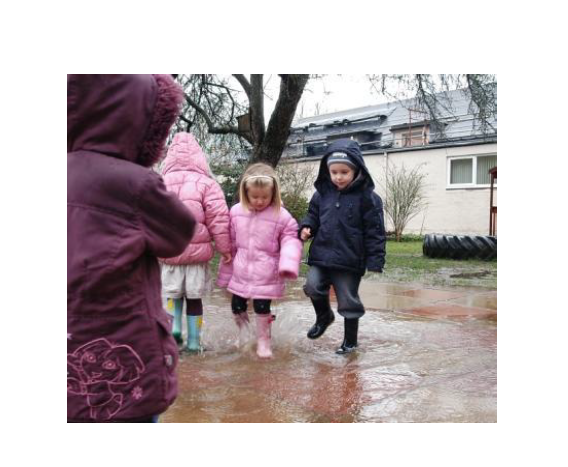In our 10th December discussion day, exemplification of learning and teaching within the broad general education and senior phase was discussed as being helpful to practitioners.
 One of Education Scotland’s approaches to this within the sciences is through STEM Central, our web based resource which provides rich, stimulating and challenge contexts for learning, exemplifying how to make connections between sciences, technologies and mathematics in strong Scottish contexts. The contexts published to date include energy-saving house, electric transport, water, renewables, bioengineering, games and sound, with our latest context “Rescue Vehicles” going live very soon.
One of Education Scotland’s approaches to this within the sciences is through STEM Central, our web based resource which provides rich, stimulating and challenge contexts for learning, exemplifying how to make connections between sciences, technologies and mathematics in strong Scottish contexts. The contexts published to date include energy-saving house, electric transport, water, renewables, bioengineering, games and sound, with our latest context “Rescue Vehicles” going live very soon.
Within each context is a selection of teaching ideas, activities, videos and interactives, designed to help practitioners plan learning and teaching, identifying and using quality STEM resources from partners and the web. Learning journeys also exemplify how to incorporate responsibilities for all, and develop capabilities, attributes and higher-order thinking skills.
Practitioners working with colleagues have found it helpful to use the learning journeys as the basis for talking together to understand standards. STEM Central has also been used to support primary / secondary cluster work to plan for progression through the broad general education. In this context, as well as using the STEM Central resources directly, staff have found that they can use the STEM Central approaches as the basis for their own planning.
Learning and teaching in the Senior Phase is also exemplified through our published advice and guidance. Over the last six months this has included advice, guidance and exemplification of themes for learning such as Food Security, Energy Security and Health, as well as exemplfication of learning and teaching to support skills development.
Recently published Professional Focus Papers highlight important features of learning which are enhanced or different from previous arrangements at SCQF 4 and 5.
How are you using exemplfication as the basis for professional dialogue, planning for learning and teaching or directly in your classroom?





